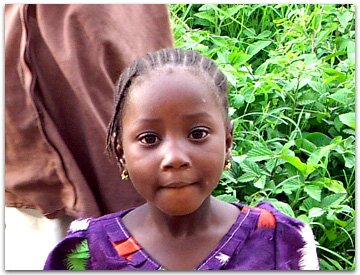STAR MALAWI
Over the past five years there has been a stable national HIV prevalence rate of 14.4% over an estimated population of about 14 million people. The HIV prevalence is highest in urban (22.83%), second in semi-urban (20.8%) and lowest in rural areas (14.5%) with more women being infected than men. The multi-sectoral national response to the pandemic is what has yielded these results.
STAR is appropriate in Malawi because the methodology promotes processes that challenge stigma and discrimination around HIV/AIDS among the poor and marginalized, and also promotes behavioural change. Poverty, low literacy levels, migration, cross border trade, culture, gender or political related power relations and social inequalities remain some of the drivers of the epidemic in Malawi. Vulnerability is especially high among women due to their biological make-up but also because they mostly have low earning power than men which incidentally leads to high poverty levels.
The STAR approach was designed to empower the poor and most vulnerable individuals to face the challenges of HIV/AIDS in their lives, and create an enabling environment for rights, services and participation in policy, legislation and services. This approach has resulted into the emergence of community groups that demand their rights from the rightful duty bearers. The introduction of the STAR project / approach in AAIM CP has enriched the Rights Based Approach to development as it contributes to the priority of optimizing the impact of existing interventions, services and commodities aimed at preventing and fighting HIV/AIDS among the poorest populations by increasing the citizens’ demands.
The overall objective of the STAR project is to develop an integrated approach to individuals and community empowerment in the face of HIV&AIDS in Phalombe, Mwanza and Salima Districts by December 2007. The project is being implemented by a local NGO and two Community Based Organizations (CBOs) which are members of Malawi Network of AIDS Service Organizations (MANASO) and National Association of People living with HIV in Malawi (NAPHAM). The organizations are Nansomba Fighting Poverty and HIV&AIDS Organization (NAFAPHO) in Phalombe, Mwanza AIDS support Organization (MWASO) in Mwanza, and Salima AIDS Support Organization (SASO) in Salima district. The organizations’ current focus is on VCT, HBC, youths, orphans and PLWHAs which is also in line with AAIM main focus in the STAR project i.e. creating an enabling socio-cultural and economic environment; prevention, especially among youth; HIV/AIDS management; Voluntary Counselling and Testing; IEC and behaviour change.
Due to an overwhelming response from the communities, a deliberate decision has been made to reach out to all the 40 circles this year. AAIM STAR project is in the process of orienting partners and mentoring them in implementing STAR in South Africa (3 communities), Botswana (2 communities) and Lesotho (2 communities). A major partner in the STAR project implementation, Pamoja exists to facilitate learning, sharing and evolution of participatory development processes that are critical in empowering women, youths and PLWHAs in taking forward their plans of actions to assert their rights. With support from Pamoja, AAIM is documenting technical competence of 4 STAR groups which compose of youth, women, PLWHAs and mixed (men and women) circles. This is done to draw lessons for STAR as a methodology and also for STAR visibility.

